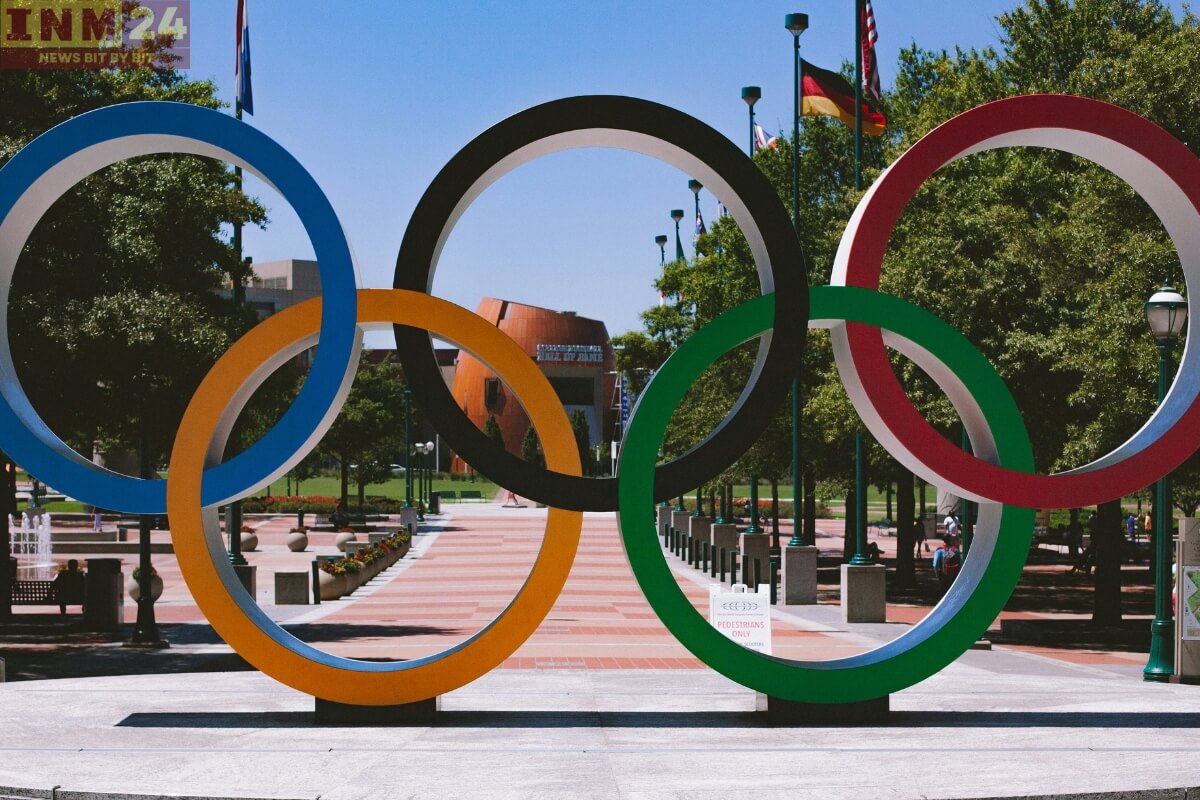Russia’s hopes to overturn the ban imposed by the International Olympic Committee (IOC) have been dashed as its appeal proves unsuccessful. The decision comes as a significant setback for Russian athletes and officials who were striving for a reversal of the ban ahead of major international sporting events.
The IOC’s ban on Russia stems from a doping scandal that rocked the sporting world, tarnishing the country’s reputation and casting doubts on the integrity of its athletes. The ban, initially imposed in response to widespread doping violations uncovered during the 2014 Sochi Winter Olympics, prohibits Russia from participating in various international competitions under its national flag.
Russia’s Efforts Fail to Sway IOC: Ban Upheld Despite Reforms
Despite concerted efforts by Russian authorities to address the doping allegations and implement reforms within its sporting institutions, the IOC remains steadfast in its decision to uphold the ban. The failure of Russia’s appeal highlights the severity of the doping scandal and underscores the IOC’s commitment to maintaining clean and fair competition in sports.
The ban’s implications are far-reaching, affecting not only Russian athletes but also the country’s standing in the global sporting community. With the ban in place, Russian athletes are deprived of the opportunity to compete on the world stage under their national colors, depriving them of the chance to showcase their talents and represent their country with pride.
Furthermore, the ban’s impact extends beyond individual athletes to the broader sporting landscape in Russia. The absence of Russian teams and athletes from major international competitions diminishes the competitiveness of those events and deprives fans of the excitement and spectacle that comes with their participation.
Debating the Effectiveness of Bans: Questions Arise Amid Deterrent Efforts
While the ban serves as a deterrent against doping and reinforces the importance of integrity in sports, it also raises questions about the effectiveness of punitive measures in addressing systemic issues within the sporting ecosystem. Critics argue that the ban penalizes clean athletes who have worked tirelessly to achieve their goals while failing to address the root causes of doping and corruption.
Looking ahead, the onus is on Russia to redouble its efforts to combat doping and restore credibility to its sporting programs. This includes implementing stringent anti-doping measures, fostering a culture of transparency and accountability, and cooperating fully with international governing bodies to address any lingering concerns.
Russia’s unsuccessful appeal against the IOC ban underscores the gravity of the doping scandal and the imperative of maintaining integrity in sports. While the ban may be a bitter pill to swallow for Russian athletes and fans, it serves as a necessary reminder of the importance of fair play, honesty, and ethical conduct in the pursuit of athletic excellence.
